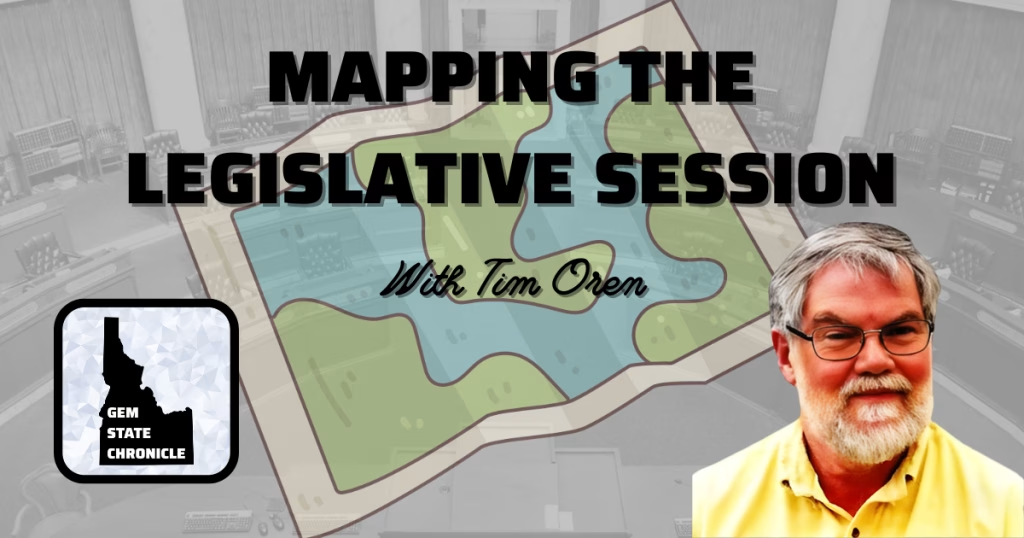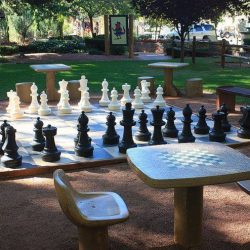I used to ask people a question from a thought experiment: Say a father had two sons, and he gave each one a task. One agreed to do the task, but never actually did it, while the other at first said no, but then did it anyway. Which was more moral?
I don’t remember where I first saw it, I think I read it in a book somewhere. There’s no real right answer, but it’s a good conversation starter regarding the difference between words and actions.
One of the core beliefs of Protestantism is sola fide, salvation comes by faith alone:
For by grace you have been saved through faith. And this is not your own doing; it is the gift of God, not a result of works, so that no one may boast.
Ephesians 2:8-9 ESV
Roman Catholics, who believe that some sort of works are necessary to be saved, will counter with the book of James:
What good is it, my brothers, if someone says he has faith but does not have works? Can that faith save him? If a brother or sister is poorly clothed and lacking in daily food, and one of you says to them, “Go in peace, be warmed and filled,” without giving them the things needed for the body, what goodis that? So also faith by itself, if it does not have works, is dead.
But someone will say, “You have faith and I have works.” Show me your faith apart from your works, and I will show you my faith by my works. You believe that God is one; you do well. Even the demons believe—and shudder! Do you want to be shown, you foolish person, that faith apart from works is useless?
James 2:14-20 ESV

Many Protestants see Catholic works as empty rituals, while many Catholics see the Protestant doctrine of sola fide as empty words. I believe both are right, in a way. James said that faith without works is dead, but works without faith are equally dead. As a Protestant, I believe that we are saved by faith alone, but real faith expresses itself through actions. It’s a sort of paradox, isn’t it?
But be doers of the word, and not hearers only, deceiving yourselves. For if anyone is a hearer of the word and not a doer, he is like a man who looks intently at his natural face in a mirror. For he looks at himself and goes away and at once forgets what he was like. But the one who looks into the perfect law, the law of liberty, and perseveres, being no hearer who forgets but a doer who acts, he will be blessed in his doing.
James 1:22-25 ESV
This idea applies to everything in life. Talk is cheap, but actions can change the world. As someone who is trying to make a living by writing, I am acutely aware of the insufficiency of mere words. I do my best to use my words to inspire others to action — to give readers the tools to accomplish true change.
Talk is cheap because it carries little risk. There are plenty of armchair quarterbacks in the world who can tell you exactly what this or that person should have done, how a situation should have been handled, and how things should generally be in our state and our country. It’s much harder, and more risky, to step out and try to fix things, because in doing so you might fail, and find yourself a target of mockery and ridicule.
Theodore Roosevelt understood this distinction well. Few men who have ever held our highest office were such men of action. At a young age, he had already overcome asthma, graduated from Harvard, written a masterful history of the U.S. Navy, and become police commissioner of New York City. Yet that was not enough. He had to go west, while it was still wild, to experience life as a lawman and bounty hunter.
Later, as assistant secretary of the Navy, Roosevelt couldn’t let the Spanish-American War conclude without participating himself. He appointed himself a colonel in the U.S. Army and led one of the most courageous assaults on a fortified position in American history. For this action, he was posthumously awarded the Medal of Honor.
After serving as vice president and president, Roosevelt retired in 1908 but did not give up the strenuous life. He joined a big game safari in Africa, toured Europe, and prepared for a trek through the Amazon in South America. Politics called to him, though, and this man of action couldn’t stay on the sidelines. He ran for president again in 1912 on a third-party ticket. Though he lost (and split the Republican vote, enabling the disastrous administration of Woodrow Wilson), he gave a strong showing. During a campaign stop in Milwaukee, Wisconsin, Roosevelt was shot before a speaking engagement but gave the speech anyway before seeking medical attention.
None of us will ever live up to a man like Teddy Roosevelt, but he can be an example of what people of action can accomplish:
It is not the critic who counts; not the man who points out how the strong man stumbles, or where the doer of deeds could have done them better. The credit belongs to the man who is actually in the arena, whose face is marred by dust and sweat and blood; who strives valiantly; who errs, who comes short again and again, because there is no effort without error and shortcoming; but who does actually strive to do the deeds; who knows the great enthusiasms, the great devotions; who spends himself in a worthy cause; who at the best knows in the end the triumph of high achievement, and who at the worst, if he fails, at least fails while daring greatly, so that his place shall never be with those cold and timid souls who neither know victory nor defeat.

God did not create us to be spectators in life. Let’s step into the arena and put our words into action.
About Brian Almon
Brian Almon is the Editor of the Gem State Chronicle. He also serves as Chairman of the District 14 Republican Party and is a trustee of the Eagle Public Library Board. He lives with his wife and five children in Eagle.












